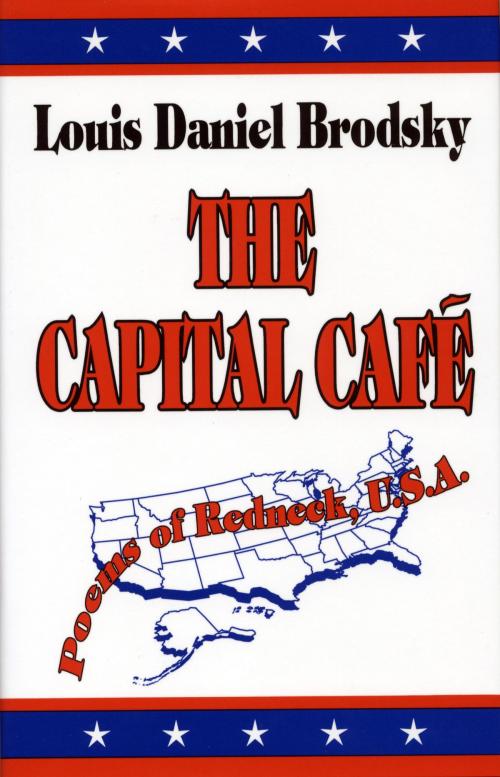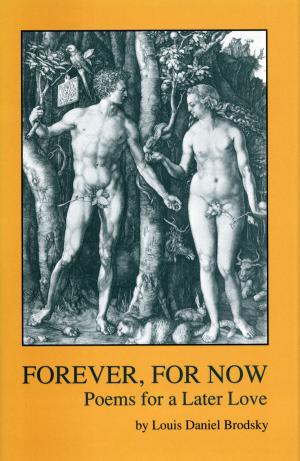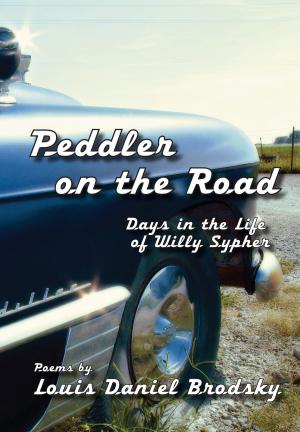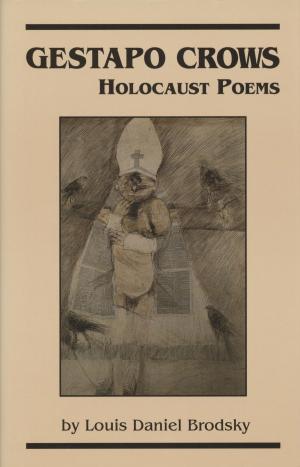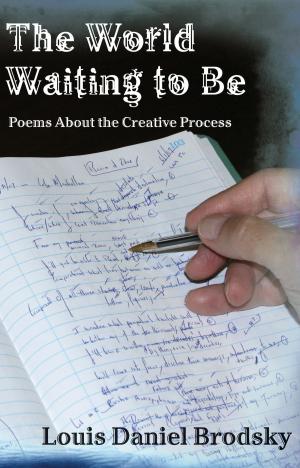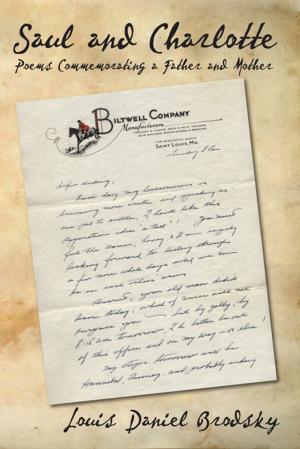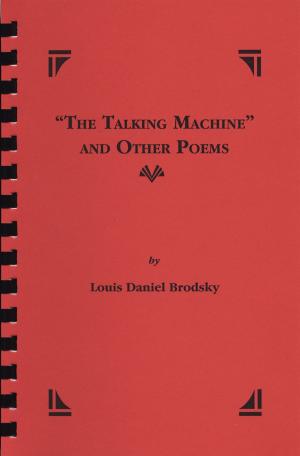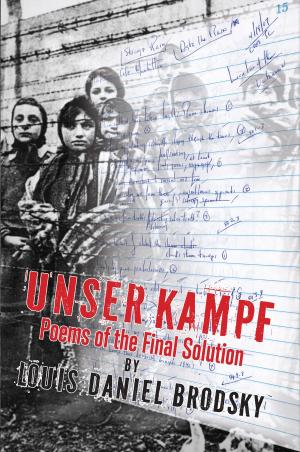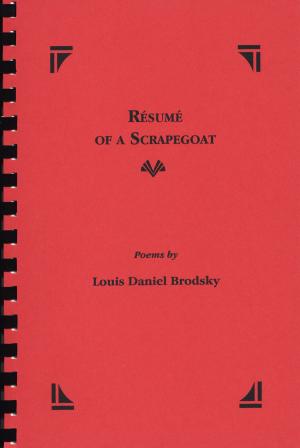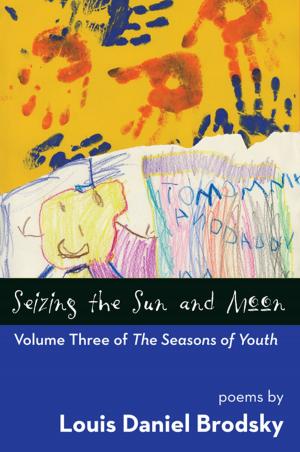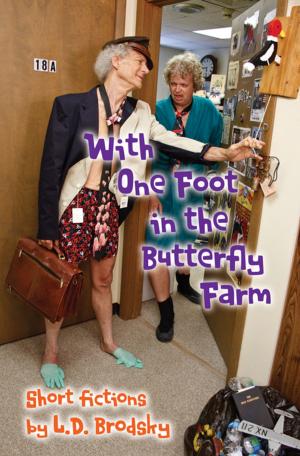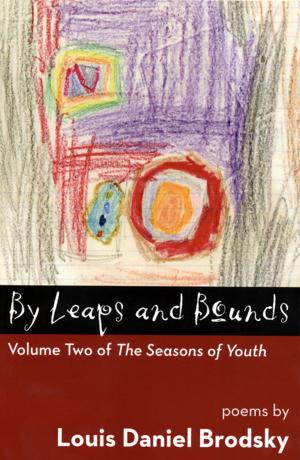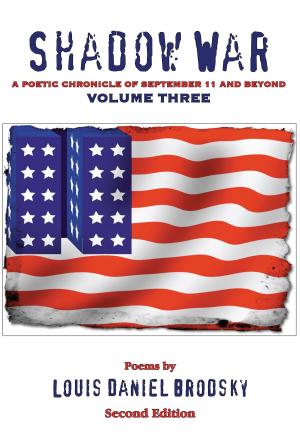| Author: | Louis Daniel Brodsky | ISBN: | 9781568092232 |
| Publisher: | Time Being Books | Publication: | May 8, 2014 |
| Imprint: | Time Being Books | Language: | English |
| Author: | Louis Daniel Brodsky |
| ISBN: | 9781568092232 |
| Publisher: | Time Being Books |
| Publication: | May 8, 2014 |
| Imprint: | Time Being Books |
| Language: | English |
The Capital Cafe is a collection of forty-eight poems, in two sections, set in a bedroom community of St. Louis and in a Missouri farm town. The poems build on each other like chapters in an engrossing novel. The first half is a slice of life observed by Moe Fischer, formerly a high-school English teacher, now a proofreader for the local newspaper, but always an eavesdropper, an oral historian, and a Jew, adrift in a belt of Baptist piety. The second section is a mosaic occurring at the "gas station turned cafe," related by rural Americans in seed caps and other regulars, such as the local car dealer, the mortician, and the Holsum Bread man, who spends his time winking furtively at the waitress (Reverend Bone's eighteen-year-old daughter). Brodsky makes the reader understand that Redneck, U.S.A., isn't so much a specific geographic location as it is a state of being that exists in every big city and four-way-stop hamlet across the nation.
The Capital Cafe is a collection of forty-eight poems, in two sections, set in a bedroom community of St. Louis and in a Missouri farm town. The poems build on each other like chapters in an engrossing novel. The first half is a slice of life observed by Moe Fischer, formerly a high-school English teacher, now a proofreader for the local newspaper, but always an eavesdropper, an oral historian, and a Jew, adrift in a belt of Baptist piety. The second section is a mosaic occurring at the "gas station turned cafe," related by rural Americans in seed caps and other regulars, such as the local car dealer, the mortician, and the Holsum Bread man, who spends his time winking furtively at the waitress (Reverend Bone's eighteen-year-old daughter). Brodsky makes the reader understand that Redneck, U.S.A., isn't so much a specific geographic location as it is a state of being that exists in every big city and four-way-stop hamlet across the nation.
More books from Time Being Books
We use our own "cookies" and third party cookies to improve services and to see statistical information. By using this website, you agree to our Privacy Policy
